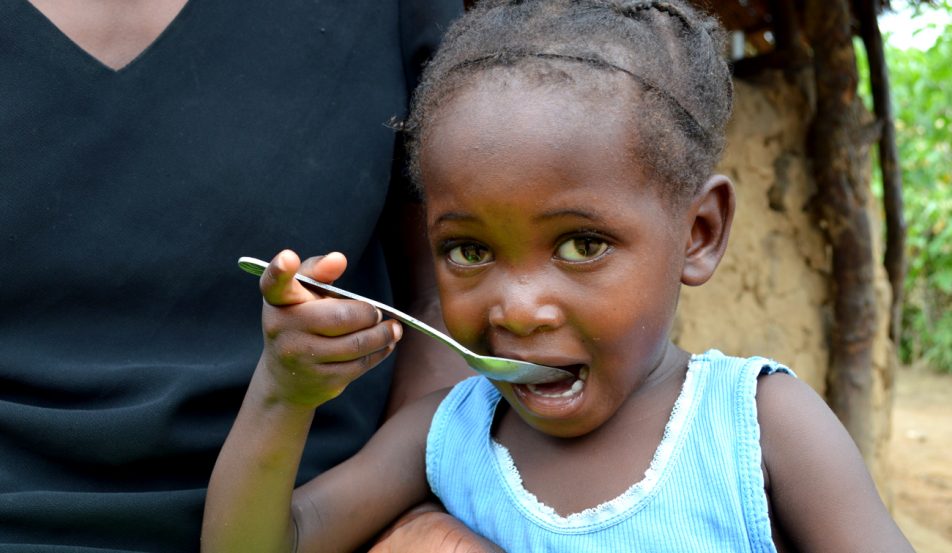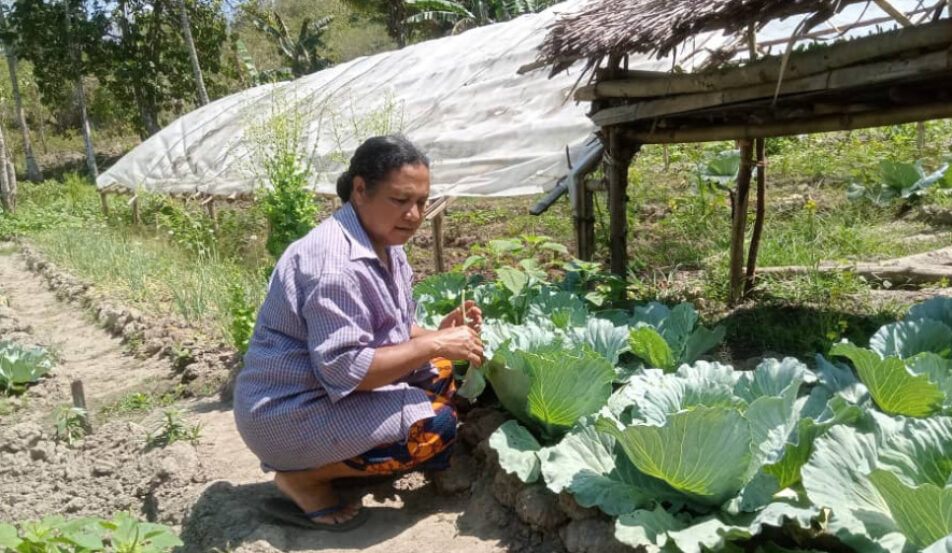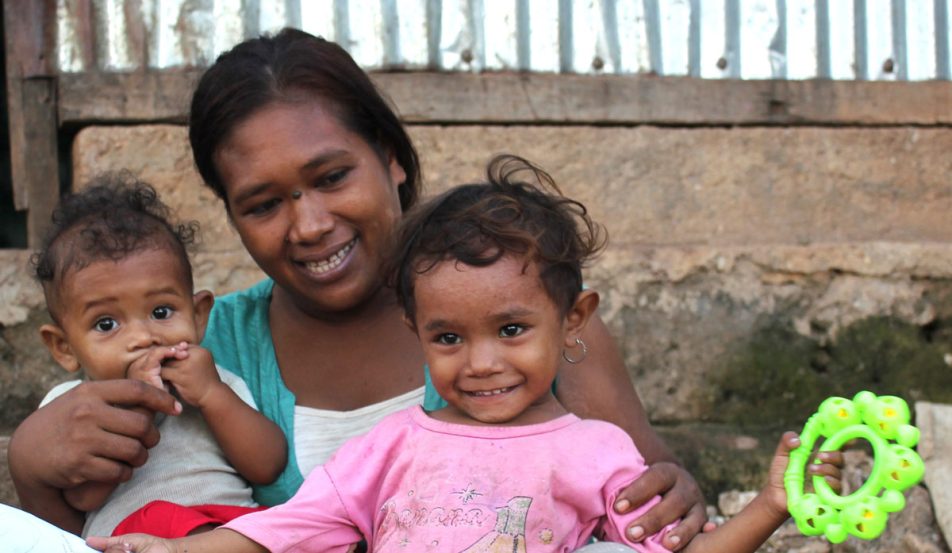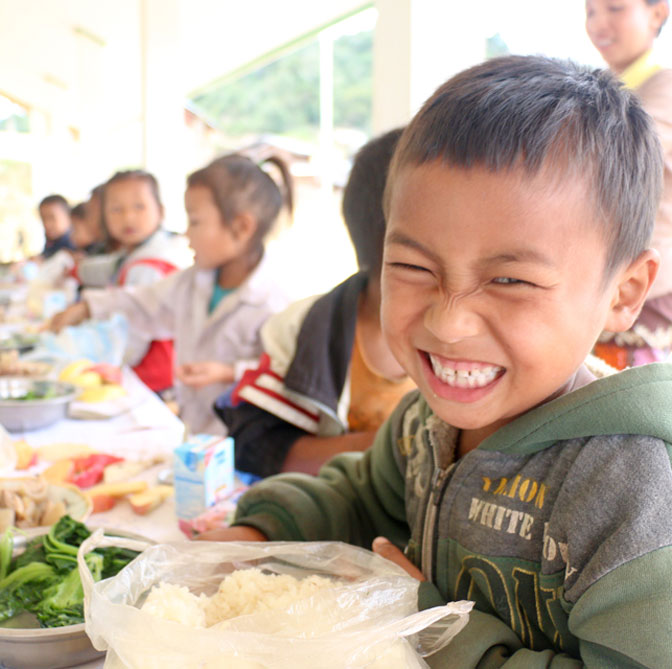What is food security?
The COVID-19 pandemic has put the term “food security” into the minds of millions of people around the world.
Broken global supply chains and rising unemployment have forced millions of people around the world into a struggle to put food on the table.
Even before the pandemic, food security was one of the biggest and most complex problems in the world. So, what does it mean?
What is meant by the term food security?
Essentially, food security is the idea that everyone has easy access to the food they need to survive and thrive.
That idea may seem straightforward, but the definition has evolved since it was first introduced at the World Food Conference in 1974.
At that time, the focus was on the availability of food. Over time we have learned that availability shouldn’t be the only consideration.. Famines can occur even when food is widely available.
The United Nations’ Committee on World Food Security (CFS) now defines food security as existing “when all people, at all times, have physical, social and economic access to sufficient, safe and nutritious food which meets their dietary needs and food preferences for an active and healthy life.”
What is threatening global food security?
Sometimes the reasons for food insecurity are fairly straightforward. Long-running droughts that affect food production can lead to a scarcity of food, affecting anybody reliant on that source of nutrition.
In other situations, like the COVID-19 pandemic, it is more complex. Even though the plants and animals people consume are not directly affected by the virus, job losses, travel restrictions and lockdowns have made it much harder for people to get the food they need.
In 2020, the CFS identified five key factors that determine food security:
1. Availability
There needs to be enough food available so people can satisfy their dietary needs. For food security to exist this food must not be contaminated and it has to be something the people in that culture are willing to eat.
2. Access
Even when food is available, it is not always accessible to all people. Some people may not be able to afford food without compromising other basic needs. This makes them food insecure. They must also be able to access the food without putting themselves in harm’s way.
Social status can also play a role in food security.
The status of particular groups within society can mean their access to culturally appropriate, nutritious food is far less than others.
3. Utilisation
Sometimes people cannot access the nutritional benefits from food because they do not have access to clean water or sanitation. This prevents them from making the most of the nutrients they consume. For example, having access to clean sources of water enables people to prepare and cook food safely.
4. Stability
Sudden shocks in the form of natural disasters, conflict, political instability, unemployment, and rising food prices can affect food security. Even if people have enough food today, they may be food insecure tomorrow given the dramatic changes that these shocks can entail, particularly for those who are considered most vulnerable.
5. Agency
People need to have a say in how their food is harvested, processed and distributed, as well as a choice in what they eat and produce. People who are historically and currently disadvantaged are more likely to be food insecure.
Why is food security such an important issue?
Food security has been a global issue for decades, and it will be a priority for decades to come.
A growing population, higher levels of meat consumption, climate change, water shortages and rising food prices are just some of the pressures facing food security worldwide.
With the world’s population expected to reach 9 billion in 2050 and a changing climate putting even more pressure on vulnerable families, food security is an issue that is here to stay.
How you can help improve food security in Kenya
ChildFund is committed to finding a solution for food security and ensuring all children and families worldwide can access the food then need to survive and thrive.
We currently have programs in more than 60 countries, and work to address food security head-on by partnering with local communities to develop sustainable solutions.
Donate to ChildFund today and help us ensure a stable supply of food is available in the communities where we work.

































